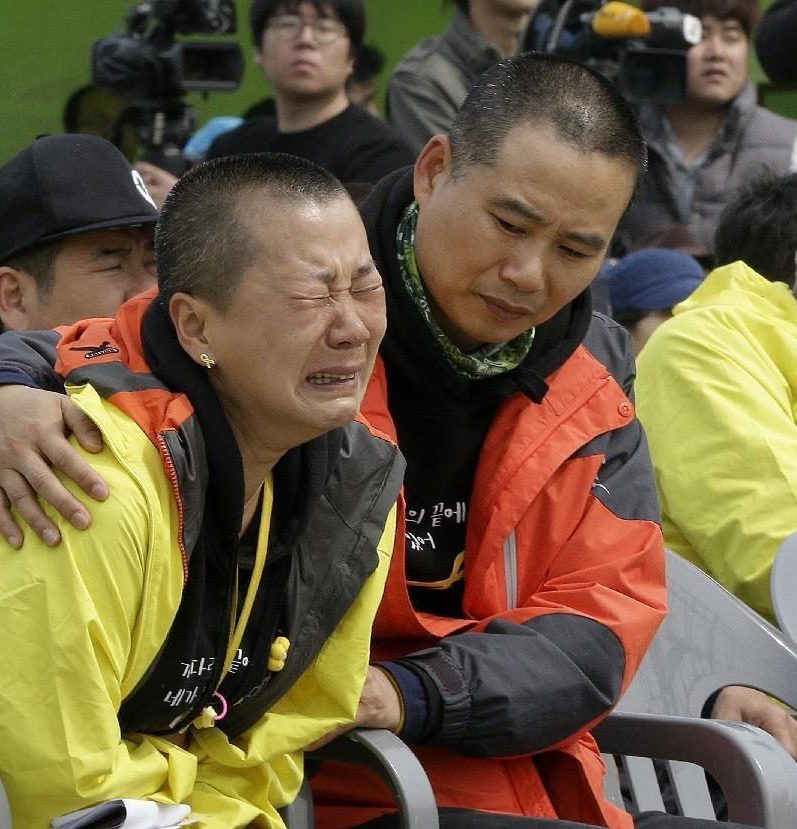Corruption, grief: South Korea’s Sewol ferry disaster is still not over
On April 16, 2014, more than 300 people died when a passenger ferry carrying mostly high-school students sank off the coast of South Korea. Since then, many believe that the country has done too little in the year since to prevent another such tragedy. While charges of political interference have undermined the credibility of the investigation into the disaster, tougher regulations have been instituted in shipping and other industries. The coast guard, which proved ineffective during the rescue effort, has been scrapped wholesale. The sprawling new 10,000-person Ministry for Public Safety and Security will be responsible for everything from disaster response to elevator inspections.
It wasn’t supposed to be all about helping families overcome their grief. It was also about the government and society learning from the accident and executing those lessons. But nothing has been done there.
Choi Chul-su, a 36-year-old office worker in Seoul
Bureaucrats must now wait three years instead of two in between leaving their government jobs and going to work for industries they once regulated. Anti-bribery regulations have been expanded. The government has earmarked $27 billion for a “safety innovation fund” to develop new safety technologies. These changes are necessary but insufficient. Last year, 16 people died at a pop concert after the ventilation grate they were standing on gave way. Ship accidents actually rose in 2014 from the year before. The country’s audit agency says that ferry inspections remain lax and crew safety training neglected.
The sinking of Sewol represented the failure of an entire system and culture. But the government seems unwilling to carefully look into this.
Lee Sang-joon, a 33-year-old Seoul resident

Sewol Asia-Pacific